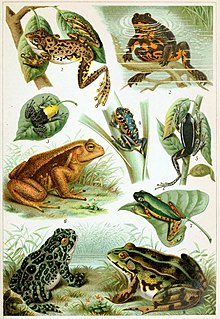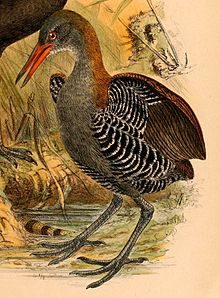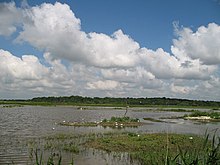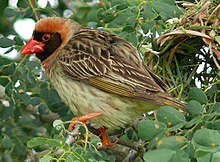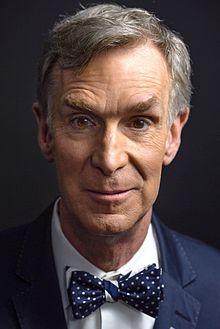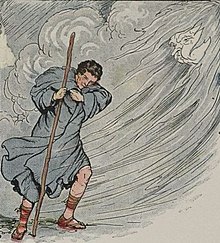Portal:Science
Science portal

Science is a systematic discipline that builds and organises knowledge in the form of testable hypotheses and predictions about the universe. Modern science is typically divided into two or three major branches: the natural sciences (e.g., physics, chemistry, and biology), which study the physical world; and the behavioural sciences (e.g., economics, psychology, and sociology), which study individuals and societies. The formal sciences (e.g., logic, mathematics, and theoretical computer science), which study formal systems governed by axioms and rules, are sometimes described as being sciences as well; however, they are often regarded as a separate field because they rely on deductive reasoning instead of the scientific method or empirical evidence as their main methodology. Applied sciences are disciplines that use scientific knowledge for practical purposes, such as engineering and medicine. (Full article...)
Featured article -
Featured pictures
Vital articles

A society (/səˈsaɪəti/) is a group of individuals involved in persistent social interaction or a large social group sharing the same spatial or social territory, typically subject to the same political authority and dominant cultural expectations. Societies are characterized by patterns of relationships (social relations) between individuals who share a distinctive culture and institutions; a given society may be described as the sum total of such relationships among its constituent members. (Full article...)
Did you know...
- ... that the Data Colada bloggers drew attention to the replication crisis by exposing faulty social science research?
- ... that the documentary film I Am Human has been the conversation starter for neuroscience panel discussions at universities such as Harvard?
- ... that the 14th-century house Maison de Jeanne was positively dated with the science of dendrochronology?
- ... that the best novel of American science fiction author Garrett Smith did not appear as a stand-alone book until over 60 years after his death?
- ... that the calling patterns of the Japanese tree frog have been used in wireless network design, furthering an area of science known as swarm intelligence?
- ... that according to The Encyclopedia of Science Fiction, the 1913 Polish novel The Cross and the Crescent is "perhaps the first example" of the genre of military science fiction in Polish literature?
Get involved
| This portal needs to be updated. Please help update this portal to reflect recent events or newly available information. Relevant discussion may be found on the talk page. |

|

|
Science News
- 12 December 2024 –
- Edith Heard, biologist specialist of epigenetics and director-general of the European Molecular Biology Laboratory, is awarded the CNRS Gold Medal, France's highest research award. (CNRS - Le Journal)
- 21 November 2024 –
- The European Southern Observatory announces that its astronomers in Chile capture the first close-up image of a star outside the Milky Way. (The New York Times)
- 20 November 2024 – Discoveries of exoplanets
- In a study published by the Nature journal, astronomers announce the discovery of IRAS 04125+2902 b, a newborn exoplanet. The discovery was made by Madyson Barber, a graduate student at the University of North Carolina at Chapel Hill. (Nature) (ABC News)
- 5 November 2024 –
- Researchers at Kyoto University in Japan launch LignoSat, the world's first wooden satellite constructed without screws or glue, into space. It will orbit Earth for six months. (DW)
- 10 October 2024 –
- In its annual Living Planet report, the World Wildlife Fund estimates that wild populations of animal species have decreased over 70% since 1970, with some high-biodiversity areas seeing up to 95% declines. (DW)
- 10 October 2024 – Tomb of Christopher Columbus
- Researchers from the University of Granada confirm that bones lying in the Seville Cathedral in Seville, Andalusia, Spain, belonged to Christopher Columbus. (ABC Spain)










